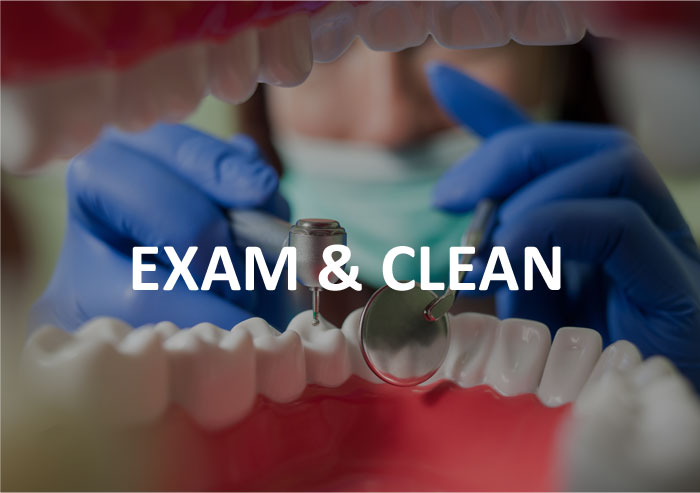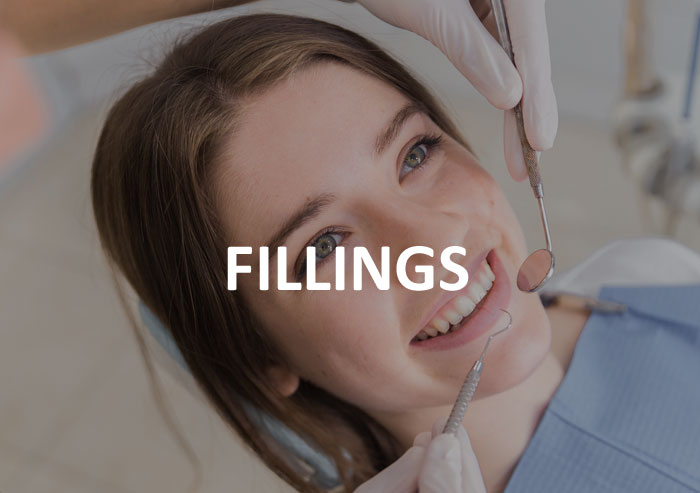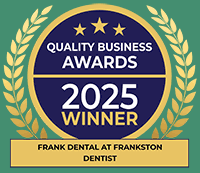Babies
Teething
Baby’s teeth usually start to break through the gums from 4 months onwards. Don’t be too concerned if your baby’s teeth are “early” or “late” coming through. Teething babies are often irritable with sore or tender gums. They also appear more susceptible to infections during teething. You may find them pulling at their ears – which may just be a sign of teething – or may be an ear infection. You’ll need your doctor to check out the problem.
Hints for surviving teething:
• Try a clean cold teething ring for baby to mouth on with their tender gums.
• Use a non-aspirin teething gel to provide relief – but only use the quantities recommended.
• Try massaging the gums with a clean finger (be careful!)
Baby teeth eruption times*
• Upper and lower front 4 teeth: 6 – 16 months
• Upper and lower canines: 16 – 23 months
• Upper and lower molars: 1 – 3 years
*approximates only.
Cleaning baby teeth
As soon as teeth appear you should start cleaning them with either a clean cloth or a baby tooth brush. Children’s toothpaste has less fluoride and infants should have no, or very little toothpaste, on their brush.
Your child should attend the dentist as part of the family dental visit so it becomes a normal routine. Speak to your dentist about the most appropriate timing for children’s visits.
Thumb sucking and comforters (dummies)
Sucking is a natural reflex for a baby. Thumb and finger sucking is a common habit for infants and small children. If you decide to use a dummy with your child remember:
• Don’t coat the comforter (dummy) with any sweet substance.
• Check the comforter (dummy) regularly for wear.
• Establish good hygiene practices for comforter(dummy) use.
The way your child sucks their thumb or fingers, and for how long, is important in determining whether these habits will affect your child’s teeth. It is preferable to stop these habits well before the permanent teeth appear. Your dentist can advise you on methods of stopping these habits and whether your child’s teeth will be effected by thumb or finger sucking. Early intervention may save you from extensive orthodontic correction later in life.
Nursing caries
First teeth can develop decay if they’re exposed to any liquid containing sugars (including milk) for long periods of time. This is seen when a baby falls asleep with a bottle and the bottle isn’t subsequently removed. Keep an eye out for brown spots or teeth that appear to grow incorrectly. See your dentist or Infant Welfare nurse for advice.
CONTACT
Frank Dental at Frankston
Address: 21 Davey Street
Frankston, 3199
Phone: (03) 9783 4485

dentist Frankston
OPEN HOURS
LOCATION













